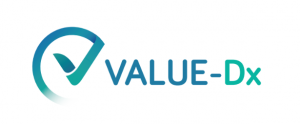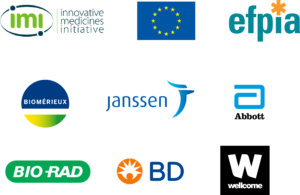 Good data management is extremely important in clinical research and in the fight against AMR. All relevant data, from diagnostic test results to patient records, must be available and collected from various sources and systems in a timely, accurate and efficient manner. Next to that it needs to be able to be shared with concerned stakeholders, in a standardized and easily accessible way.
Good data management is extremely important in clinical research and in the fight against AMR. All relevant data, from diagnostic test results to patient records, must be available and collected from various sources and systems in a timely, accurate and efficient manner. Next to that it needs to be able to be shared with concerned stakeholders, in a standardized and easily accessible way.
As part of VALUE-Dx WP3, co-lead by the University Medical Center Utrecht and bioMérieux, aims to develop and implement a data management architecture capable for the storage, curation and reporting of the data generated within the project. Interoperability is fundamental in these types of systems. Data is produced in different countries, with different languages and IT systems. In order for it to be aggregated with each other, a common data vocabulary has to be used. In addition, the European GDPR imposes strict constraints on how to handle patient sensitive health data.
In VALUE-Dx, task 3.4, led by FIND, has innovated and showcased (via a Proof of Concept POC1) the use of federated networks, using the ODHSI open source technology stack. In a federated architecture, the data reside at the data provider location and are queried from a central “observatory” location. This POC showed how interoperability and data analysis can be orchestrated across an international network of participating laboratories, without the need for individual laboratories to share sensitive patient identifiable data. All that is shared is the query (analytical question) and the aggregated result.
Task 3.4 has exceeded its expectations; not only has it proposed and tested the feasibility of enhancements to ODHSI (in order to allow the platform to work with AMR data) but has also provided an example of the technology working with sample AMR data from different sources.


